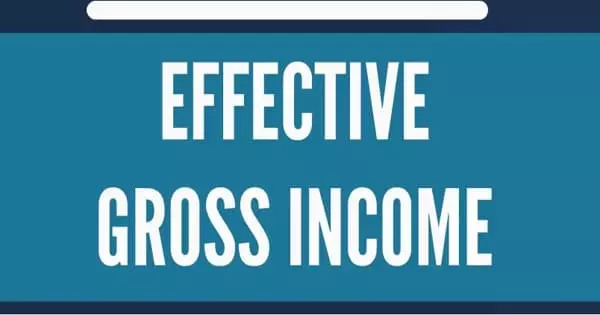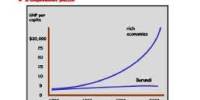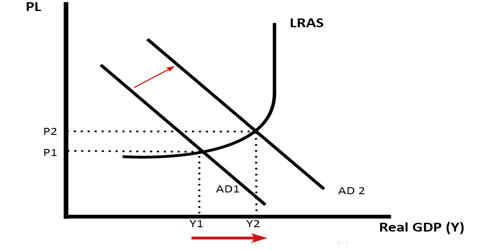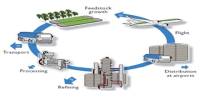The relationship or ratio between the sale price of a property’s value and its effective gross rental income is known as effective gross income (EGI). It is a rental property’s Potential Gross Rental Income plus other income minus vacancy and credit costs. EGI is an important factor in determining the value of a rental property as well as the true positive cash flow that the property can generate. It is the potential gross income generated by a rental property plus other incomes, less anticipated or existing vacancies, and credit costs.
The effective gross income is an important factor for real estate investors to consider when determining whether a property is a good investment. EGI is calculated by adding the potential gross income from an investment property to the other types of income generated by that property and subtracting vacancy and collection losses. Rental cash flow is a complex calculation that takes into account all forms of income generated by the property as well as the realistic costs associated with rental income. We can see how rental income plays out in the real world by looking at the variables of the EGI formula.
[Effective Gross Income can be calculated as Potential Gross Rental Income + Other Income – Allowances for Vacancy and Bad Debts]
The anticipated income from all real estate operations after allowing for vacancy and collection losses. It is the difference between your annual potential gross income and other property revenue less your vacancy allowance. Other income is included in effective gross income because it is generated from the operation of the real property and is not derived from space rental (such as parking rental or income from vending machines). Rental revenue from a rented property is not the only variable to consider when determining the value of a rented property; profits from other services provided on the premises should also be considered and recorded on financial statements.
For example, if two properties have a potential income of $15,000 if they are all fully occupied and the average vacancy rate in cash is $1,250. (the sum of the rent that is not coming in by the vacancy in the properties). The average vacancy rate is then subtracted from the potential rental income, yielding a total of $13,750 as the effective gross income.
EGI is critical for real estate investors because, at the end of the day, they need to know that the property they are thinking about buying generates enough positive cash flow to cover monthly operating expenses as well as any liens or encumbrances they may have taken on to purchase the property. A property’s effective gross income is important for real estate investors to determine whether a property is a good investment. While there are ways to boost the EGI, it is critical to create a realistic cash flow forecast based on your operating expenses.
















